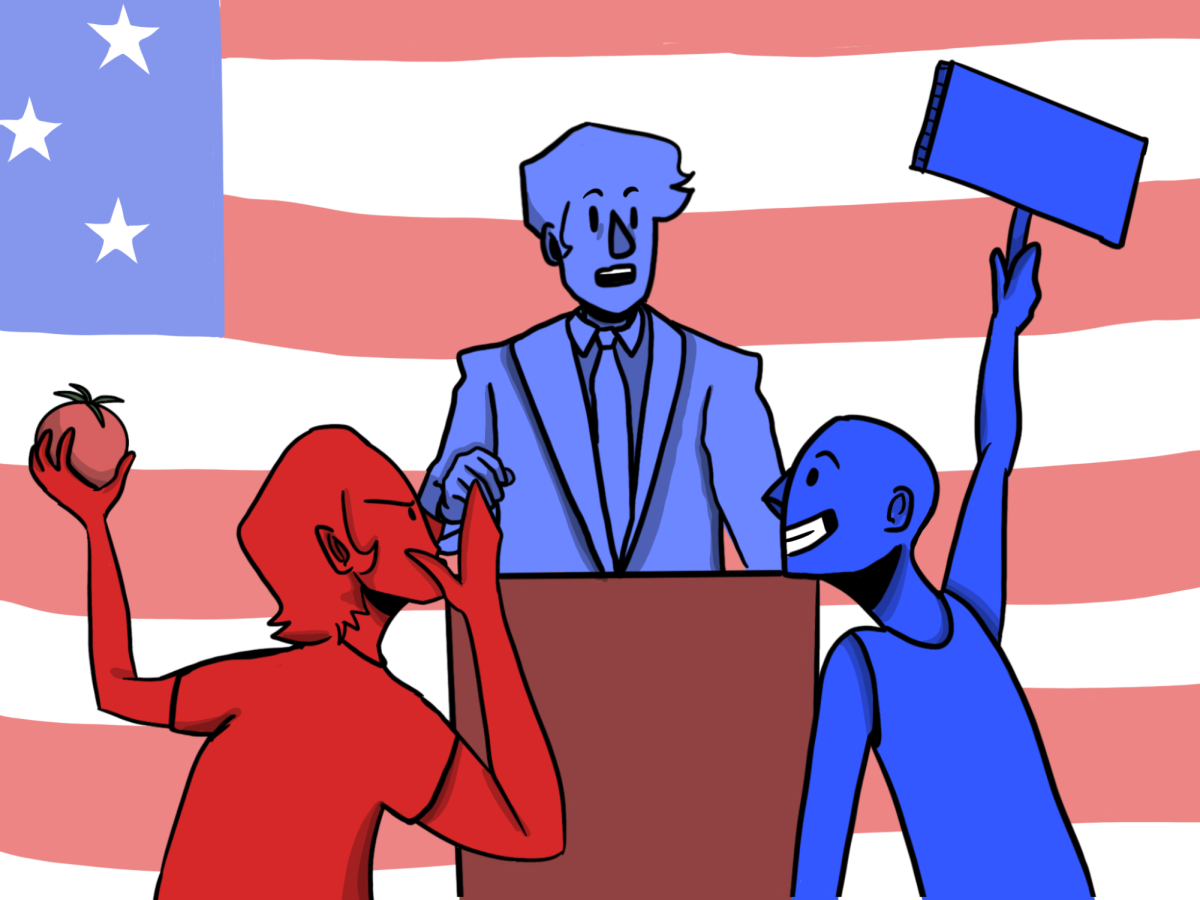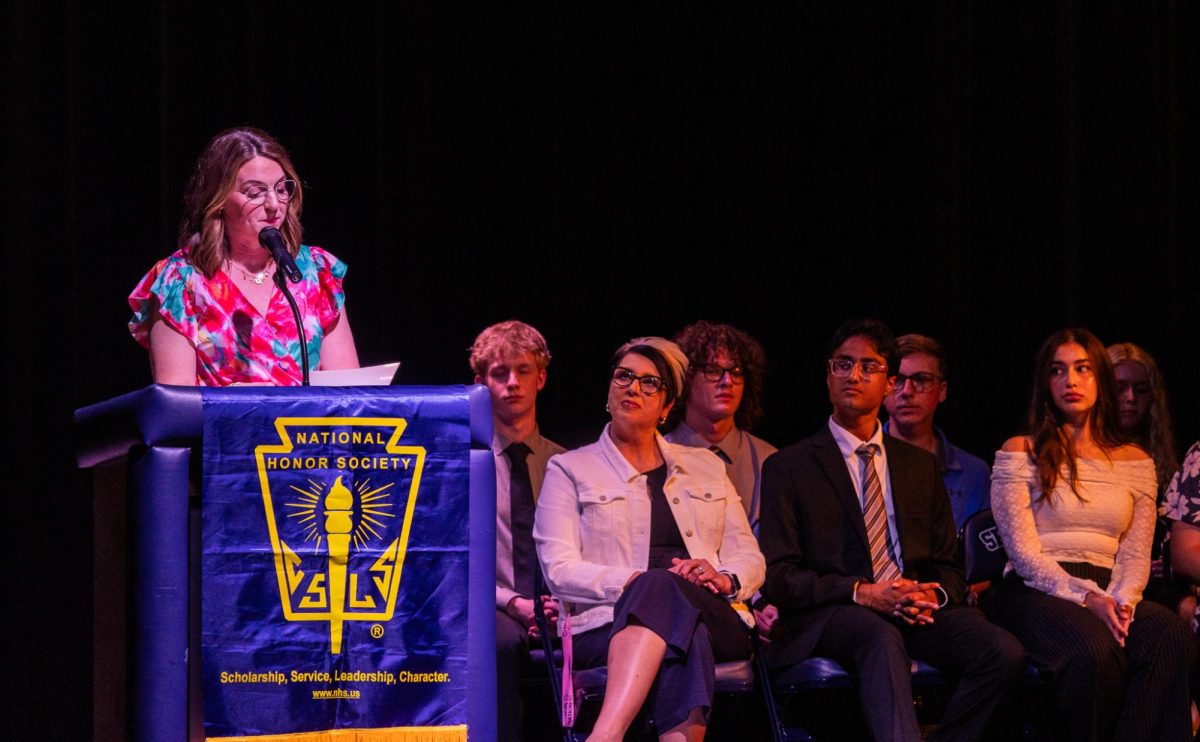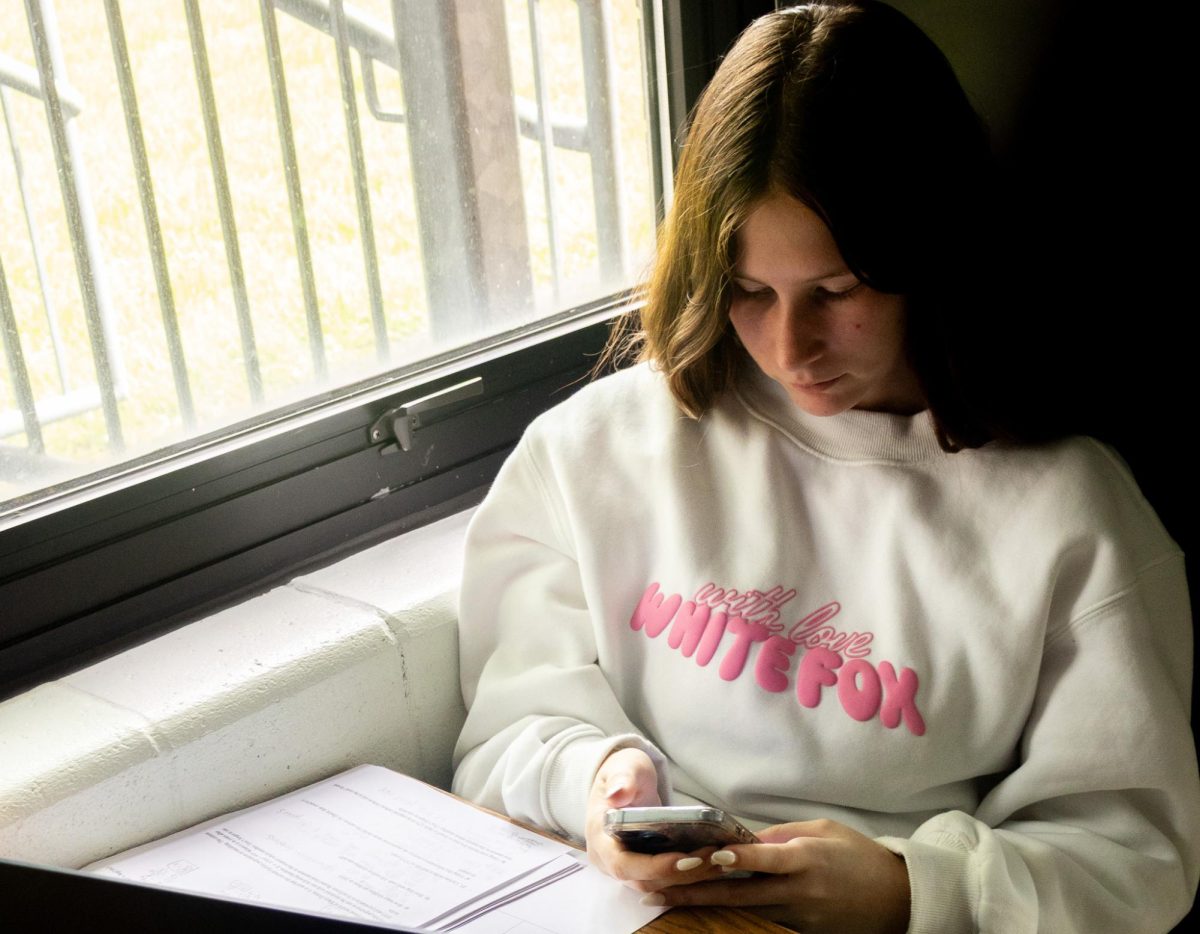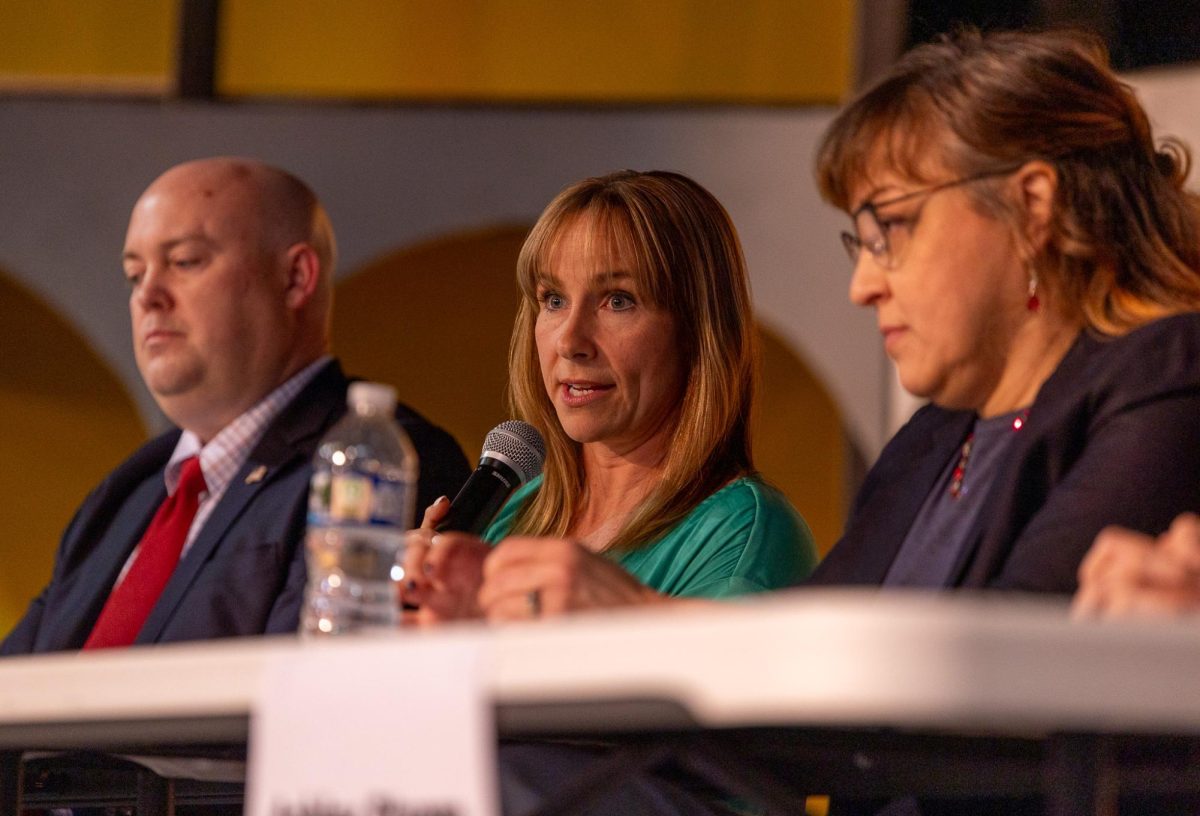The fickle relationship between the government and the public eye has historically been turbulent and capricious. American citizens keep a critical eye on their ruling bureaucracies; it’s to be expected that the people don’t often regard the government in a positive light. However, younger generations seem to have outlying views about their government. To their elder generations, they come off as blasé and sheltered by their constant feeding of the same content they heard already over social media.
Teaching classes on politics and government along with Contemporary Issues, Mr. Nicholas Beckmann attests to this perception of today’s teens.
“I think teenagers are eye-rolling at the government as a group,” Mr. Beckmann said. “Kids are currently really uninformed because they’re getting a lot of their information from social media, which Biden and other members of the government have been less active on than members of previous terms.”
Teenagers are indeed getting their information from almost solely non-traditional resources: Instagram and TikTok are the leading ‘news’ platforms for Gen Z, according to the BBC, but what effect does this have on the worldliness of young people?
“The kids are informed about what they want to be informed about. Social media has created this bubble that easily lets them only hear what they like and what they want to hear. It’s made these students really uninformed,” Mr. Beckmann said.
This echo chamber form of news distribution certainly could be a part of what makes older demographics see an emphasis on a teenager’s “eye-rolling” nature. On the contrary, though, prominent coveys of adolescents and young adults are taking on strong opinions of the US government. One of these young people is junior Jonah Wilhite, who is deeply invested in the politics and governance of the country.
“The current US government is extremely polarized and dysfunctional,” Wilhite said. “It bothers me that [Congress] can’t come together and make necessary concessions to get policy passed.”
Not only frustrated with Congress, Wilhite finds multiple of President Biden’s decisions to be a “myriad of failures to the American people.” Biden’s stances on economics, immigration, and the military upset him in particular.
“His immigration policies have allowed illegal immigrants and deadly fentanyl to flow freely into America, his ‘Bidenomics’ has let many struggle to make ends meet, and his international weakness has resulted in excess loss when he pulled troops from Afghanistan,” Wilhite said.
As incisive as Wilhite’s reasoning may seem, there has been criticism of Biden and Congress on both sides of the aisle. Senior Claire Pitney, while having contrasting views from Wilhite, has her grievances against the government.
“I think Biden has done okay. The country hasn’t caught on fire, but nothing much has changed,” Pitney said. “I appreciate that Biden was someone who took COVID seriously and urged Americans to wear masks and get vaccinated.”
For Congress, however, Pitney has a much more firm perspective.
“Not only is Congress incredibly polarized, there are lots of representatives and senators who would rather just shoot down bills and enter gridlock instead of compromising, and it’s made me upset with Congress in general,” Pitney said. Furthermore
Although Wilhite and Pitney may have diverging opinions on President Biden, their dislike of Congress is rooted in the extreme polarization of American politics. With or without the padding of social media, these students reflect the emotions of the general public. Polls from The Pew Research Center show that 57 percent of Americans feel like too much attention is given to “disagreements between Republicans and Democrats.”
Although there is something to be said about the misinformation and lack of information in general among the youngest generations, it’s evident that political opinions are developing within them. Just like their adult counterparts, teens are growing more and more exhausted with their federal government. The amount of new changes in Congress–very few, according to some students–have led to irritation and annoyance among many of their current and future constituents. Without adaptations, the present political atmosphere could very well lead to a generation with a pessimistic lens surrounding politics.
If politicians want more optimism and faith from the people, though, what would work? Wilhite says a focus on the citizens from the government is what he wants.
“I wish the government would work for the people more. I think that would make me have better trust in them,” Wilhite said.







